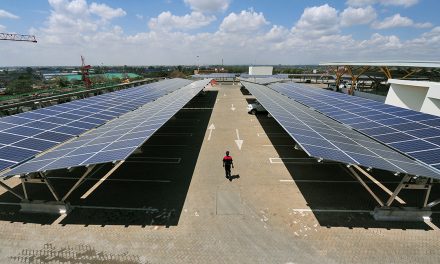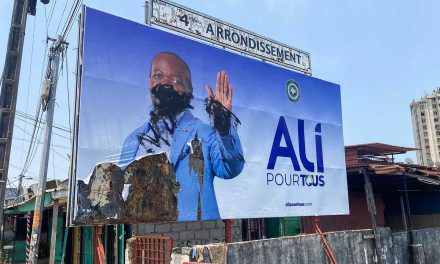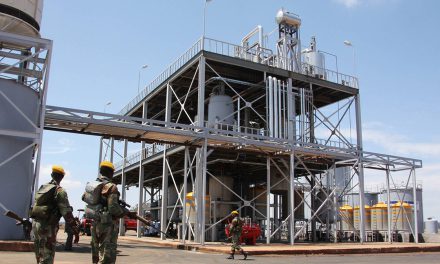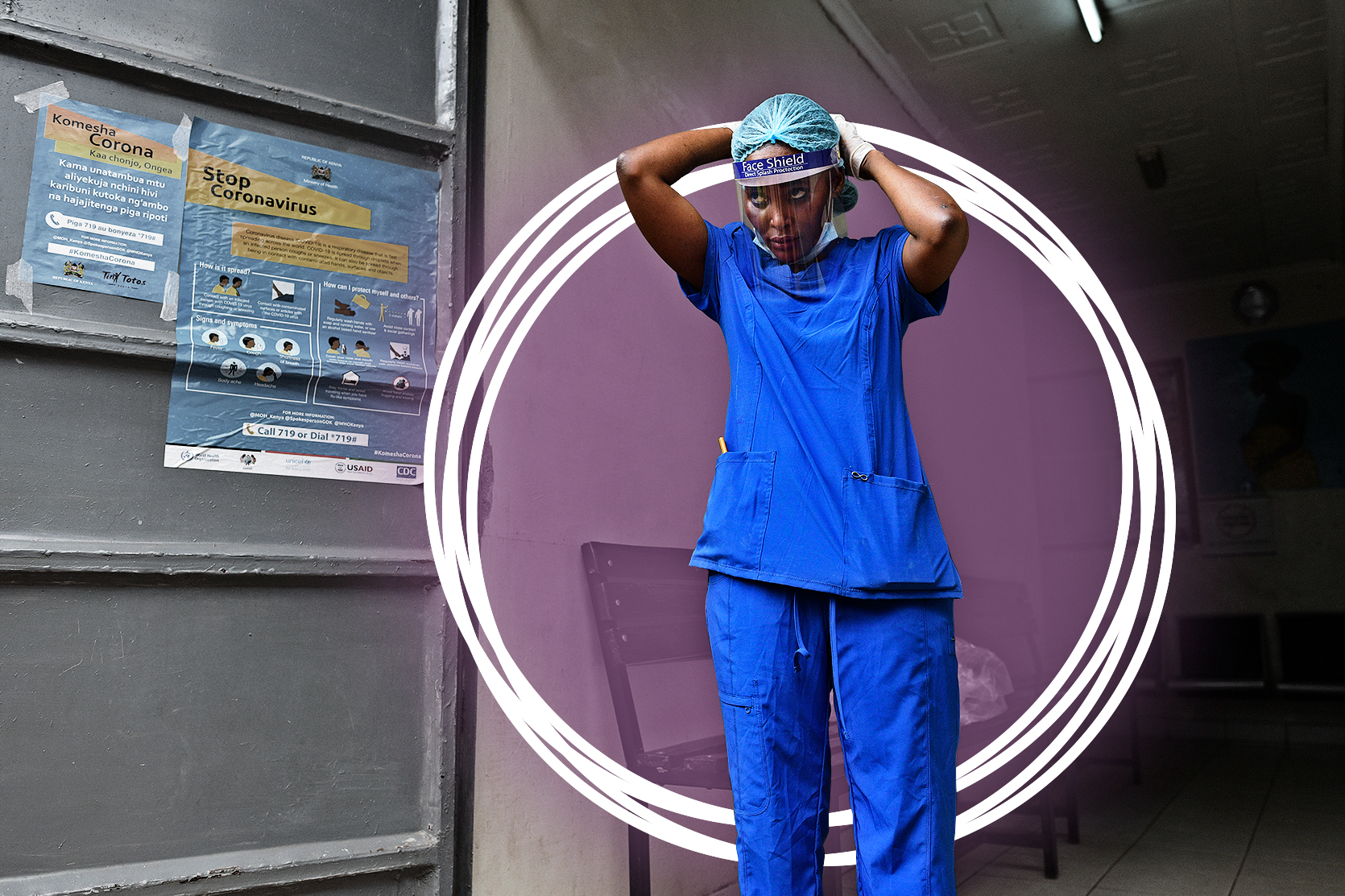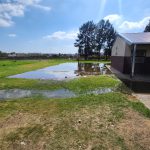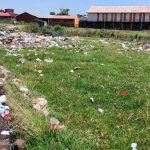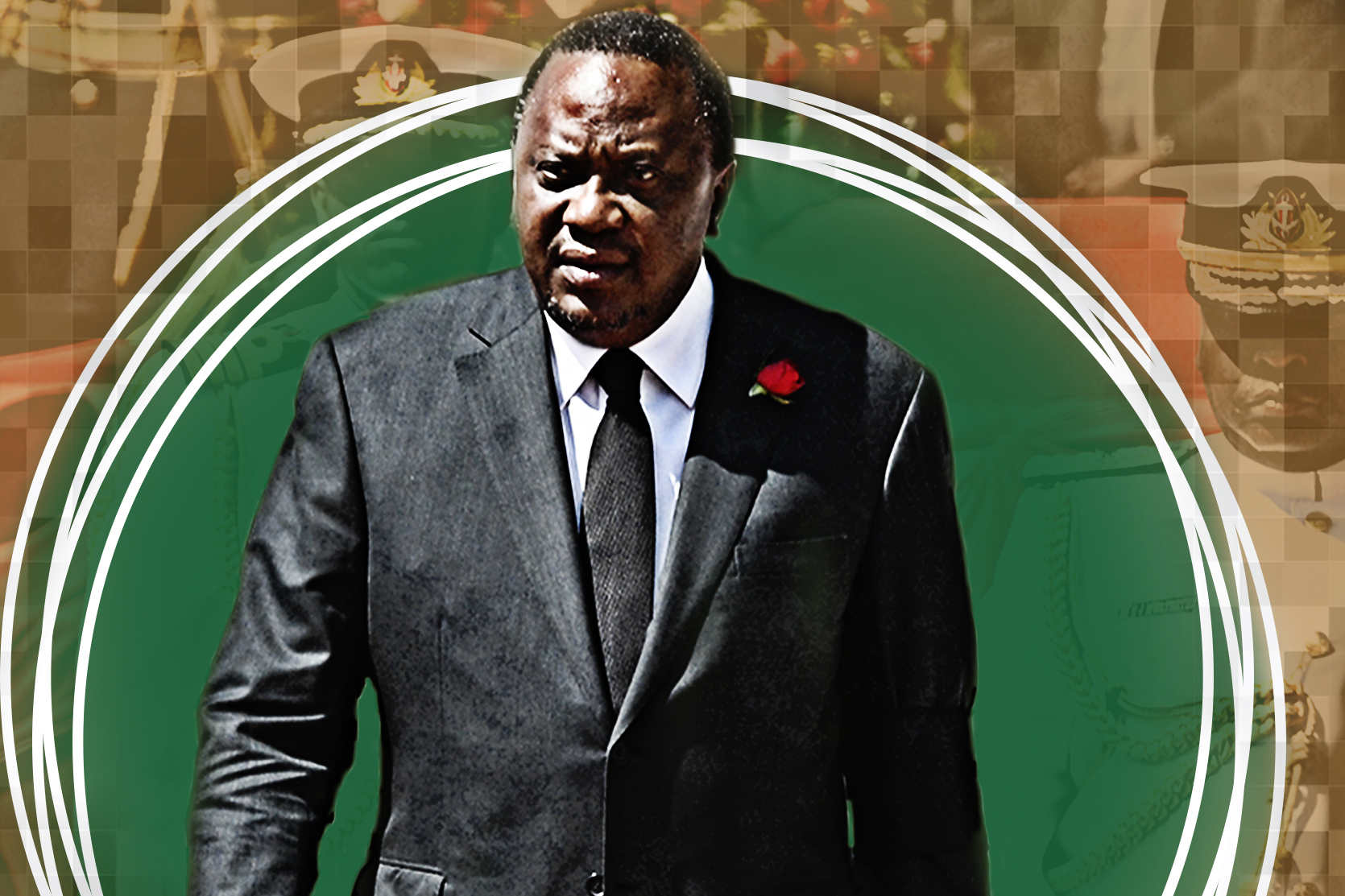
In 2019, no less than 38.57% of young Kenyans (or 5,341,182 of 13,777,600) were out of work, according to census data. Article 260 of Kenya’s Constitution defines a youth as a person aged between 18 and 34. Even those with jobs were struggling to make ends meet because most jobs were lowly paid. As the government saw it, the annual number of formal employment opportunities available could not match the rate of population growth.
In the first quarter of this year, some 735,711 youths were laid off, according to the Kenya National Bureau of Statistics’ Quarterly Labour Force for the period. But aside from encouraging jobless young Kenyans to engage in self-employment, the government did little to inspire people to create their own jobs.
In the first quarter of this year, some 735,711 youths were laid off.
All this was before the first case of coronavirus was reported in Kenya. The gloomy picture was darkened by President Uhuru Kenyatta’s warning in early May that more than half a million jobs might be lost in six months should the rate of coronavirus infections go up. As at 28 June, Kenya had recorded 6,070 cases of the deadly disease, with 1,971 and 143 recoveries and deaths, respectively. This represents a steep growth of 313% over the past month when the country had 1,471 cases.
However, the reliability of the figures have been put to the test, with the police making arrests over ‘fake’ coronavirus testing kits. While the government had said at least 35,000 samples would be worked on in 24 hours following a new innovation at the Kenya Medical Research Institute in April, the average testing capacity in the country still stands at 5,000 a day, according to the Chief Administrative Secretary for Health, Dr Rashid Aman.
The gloomy picture was darkened by President Uhuru Kenyatta’s warning in early May that more than half a million jobs might be lost in six months should the rate of coronavirus infections go up.
The government is struggling to stabilise the country’s wobbling economy as it is. In September 2019, the World Bank forecast a GDP growth rise of 5.9% in 2020, underpinned by private consumption, but revised it downwards to 1.5% in its Kenya Economic Update report in April, pegging the review on uncertainty and decreased economic activities due to the coronavirus pandemic. Evaluating the likely impact of the novel coronavirus on Kenya, the Bretton Woods Institution said in the report that GDP might “contract to 1% in the worst-case scenario”. The virus pandemic has already hit tourism, agricultural exports and remittances.
In March, President Kenyatta announced a raft of interventions aimed at easing the financial burden on businesses and entrepreneurs in the wake of the Covid-19 crisis. To protect jobs and provide certainty to employers, the government would offer 100% tax relief for people earning a gross monthly income of up to Ksh24,000 and a reduction of income tax paid by those in higher tax brackets from a maximum of 30% down to 25%.
Further, turnover tax rates for micro, small and medium enterprises were reduced from 3% to 1%, and the listing of individuals and micro-, small- or medium-sized entities by the Credit Reference Bureau was temporarily suspended with effect from 1 April, 2020. Moreover, Value Added Tax (VAT) was reduced from 16% to 14%, also effective from 1 April, and the Kenya Revenue Authority expedited the payment of verified VAT refund claims amounting to Ksh10 billion “within three weeks” to improve cash flows for businesses.
However, these ambitious measures have hardly had any impact on jobs protection and creation. As at 30 May, according to the Ministry of Health, at least 300,000 people had lost their jobs since 13 March, when Kenya reported its first COVID-19 case. It is unclear how many businesses have closed shop so far as a result of the coronavirus. However, it is clear that businesses have drastically scaled down their operations as employees get axed, while others have been asked to review their contracts from fixed terms to a pay-as-you-work model.
As at 30 May, according to the Ministry of Health, at least 300,000 people had lost their jobs since 13 March, when Kenya reported its first COVID-19 case.
Solomon Karanja, a long-distance bus driver operating between Nairobi and Bungoma in western Kenya, says he has been forced to engage in selling roasted and boiled maize at his home in the Mathare slums after the government imposed a ban on travel in and out of Nairobi in April. The father of four says it has been “hell for my family as we cope with one-meal-a day” due to reduced income.
The situation has not been any better for Rashid Omar, a dealer in mobile phones, who says the crisis has forced him to shut down his shop, rendering six of his employees jobless. “I now run the business on my own online to manage the overhead costs in the age of diminished returns,” he said.
The father of four says it has been “hell for my family as we cope with one-meal-a day” due to reduced income.
The biting effects of the COVID-19 pandemic have not spared the media. Journalists are being laid off and others forced to take pay cuts of between 25% and 50%. So harsh has been the situation that on 28 June, the Kenya Editors Guild said some media companies were exploiting the pandemic to enforce layoffs and salary cuts. The editors claimed that at least 300 journalists had lost their jobs in the past nine months, and the pandemic was “likely to exacerbate an already dire situation”.
On 29 June, Charles Kanyi, the member of parliament for Starehe constituency in Nairobi, claimed the police had supervised the overnight demolition of hundreds of kiosks in Gikomba, a downtown second-hand clothes market, arguably the largest in East Africa, that employs thousands of people, according to the Nairobi Governor, Mike Mbuvi. Kanyi argued that ongoing fires at the open-air market were a scheme to displace the original stall owners. At the very least, the move contradicted the government’s claimed commitment to shield small- and medium-sized businesses from the impact of the pandemic. On June 29, the legislator was arrested over claims of “incitement”.
The move contradicted the government’s claimed commitment to shield small- and medium-sized businesses from the impact of the pandemic.
The situation has not been made any better by delayed payments, and in some cases non-payment, for services and goods supplied to county and national governments. The officials of many of these institutions are in any case notorious for demanding kickbacks to honour their work obligations. According to the National Treasury, the government had uncleared debt to local businesses of Ksh368.9 billion (about $3.46 billion) as at 31 March this year.
With the President Kenyatta’s lifting of the lockdown on 6 July, commentators say the country’s leadership seems to have resigned itself to being torn between continued containment with little positive impact and the reopening of the country to stir economic activities. Blogger Robert Alai claimed the lifting of the lockdown would pave the way for a rise in infections, while veteran journalist David Makali, in a tweet, termed the president’s pronouncement as a signal to the “age of personal responsibility”.
Blogger Robert Alai claimed the lifting of the lockdown would pave the way for a rise in infections.
There have been widespread claims that the government was doing nothing material enough to contain the virus. Some politicians have called on Health Cabinet Secretary Mutahi Kagwe to scale down his daily media briefings, which focus on numbers that add little value to the battle in containing the pandemic.
Instead, argues Kimilili MP Didmus Barasa, the cabinet secretary should work towards the mass testing of people for fast identification of cases, swift treatment for those people who test positive, and immediate isolation to prevent the spread of coronavirus. But the government seems to be struggling to do this.
As things stand, Kenya appears to be on a me-too path, adopting measures that other countries, particularly the UK, have adopted, in order to seem to be confronting the outbreak. “There is no serious undertaking in battling coronavirus,” says Michael Simiyu, a public policy analyst based in Kisumu. “What have we achieved since the lockdown, apart from rising cases of the disease?”
We’d love to hear from you! Join The Wicked Conversation by leaving your comments below, or send your letter to the editor to richard@gga.org.
Mark Kapchanga is a senior economics writer for the Standard newspaper
in Kenya and a columnist for the Global Times, an English-language newspaper
in China. He is pursuing a PhD in investigative business journalism at the
University of Nairobi.



